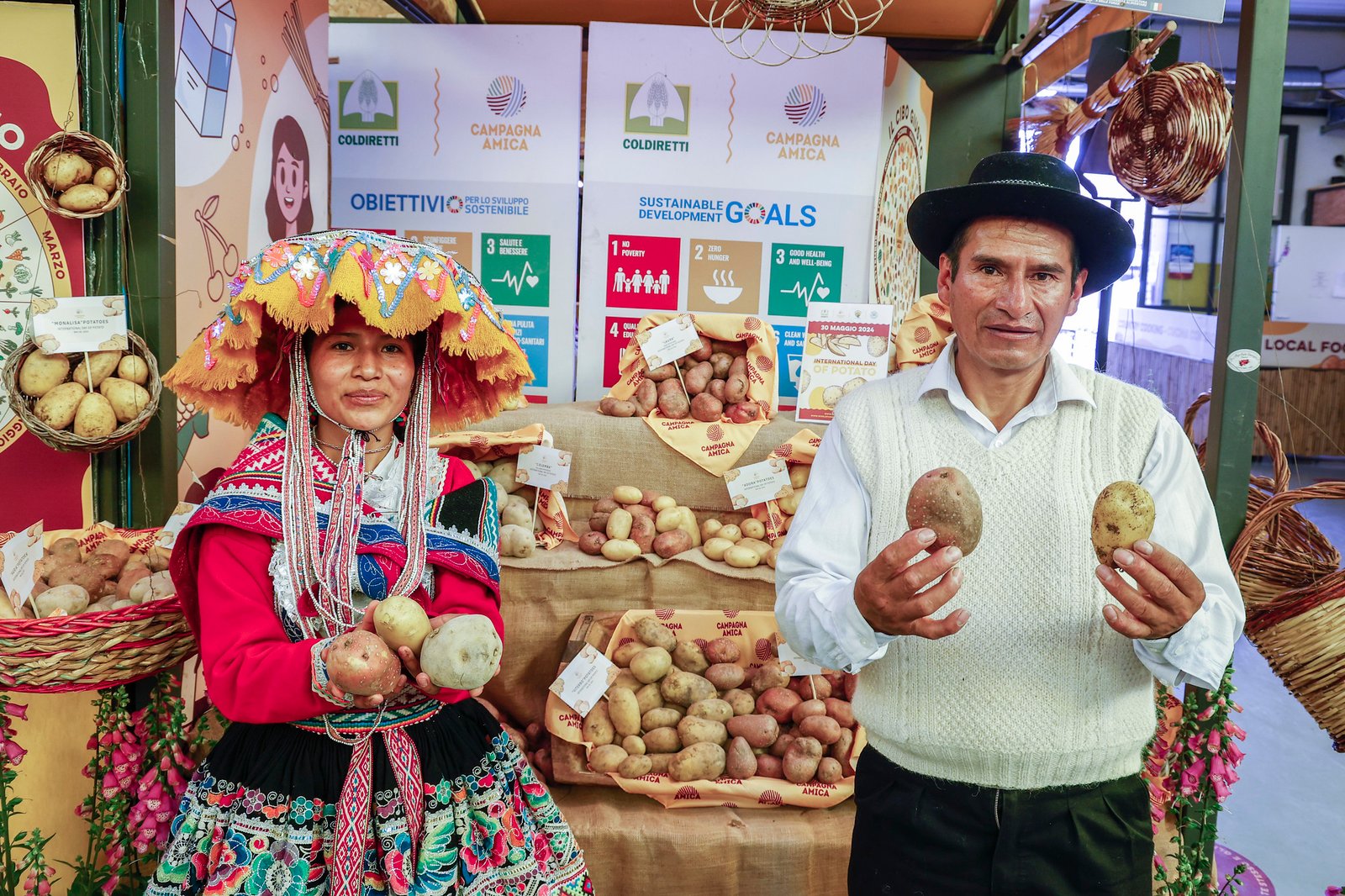Inside BENEO’s new pulse plant: pioneering sustainable protein from faba beans
Importance as staple, genetic diversity and livelihood opportunities come under the spotlight
Eaten by over one billion people, the potato is the third most available food crop globally – after rice and wheat, making it a crucial staple. For the first time, it was celebrated with its very own International Day, as the Food and Agriculture Organization of the United Nations (FAO) and partners highlighted the potato’s significance and called for more investments to tap into its full potential.
“The potato has been the most important lifesaving, staple food and nutritious vegetable in the world,” QU Dongyu, FAO Director-General said in a video message to mark the event, under the theme of “Harvesting diversity, feeding hope”. Qu added that in Europe, the increase in potato production after the 16th century following Christopher Colombus’ return from the Americas with the potato, which originated in the Andes, has impacted food security dramatically.
Participants in a high-level event at FAO’s headquarters to mark the day included Angel Manuel Manero Campos, Minister of Agrarian Development and Irrigation of Peru, who spoke about the country’s efforts to ensure its potato producers can obtain a fair price for their crop and Paula Narváez, President of the United Nations Economic and Social Council (ECOSOC), who underlined the importance of protecting the potato and its significance for achieving a number of the UN Sustainable Development Goals.
In an earlier special event, speakers from the World Potato Congress, the private sector and the International Potato Center (CIP), shared lessons learned and perspectives on their future work on the potato. This technical panel was convened by Peru – which championed the designation of the International Day by the UN General Assembly last year – with the support of Belgium, Ireland, Italy and the Netherlands. Participants underscored the significant advances in the genetic improvement of the crop and the agronomics as well as the importance of plant health. They also called for concerted efforts to tackle constraints including pests and diseases, especially in light of climate change pressures and an increasing global population.

